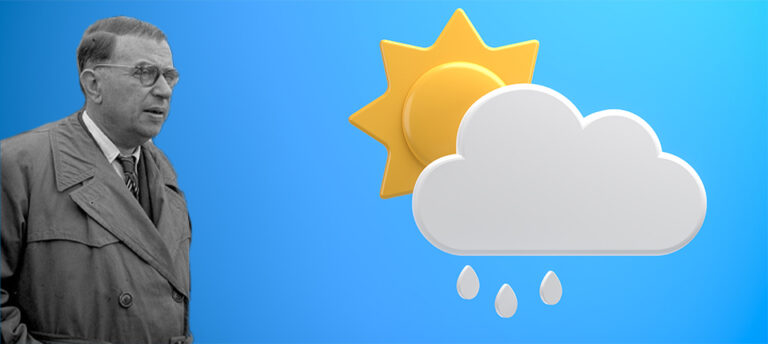Discover Upcoming Literary Events and Insights: September 15-19, 2025

From September 15 to 19, 2025, literary enthusiasts can look forward to a range of discussions and insights surrounding influential authors and significant historical events. Notably, on September 15, we remember the day in 1939 when Jean-Paul Sartre was conscripted into the French Army as a meteorologist, an experience that would later influence his writing.
Literary Highlights and Cultural Reflections
In a world filled with distractions, the challenge of fostering a love for reading among children persists. A recent article emphasizes that parents should focus on creating intentional spaces that encourage deep attention rather than attempting to eliminate technology altogether. This approach aims to nurture future generations of readers.
Meanwhile, Lucy Worsley explores the enduring appeal of Jane Austen, arguing that her work remains relevant after 250 years because of its rich characterizations and social commentary. Worsley suggests that Austen would likely appreciate her lasting fame and the conversations surrounding her novels today.
In a powerful narrative, Anne Sebba chronicles the survival of the Women’s Orchestra of Auschwitz during the Holocaust. Her work highlights the profound role of music in maintaining humanity amidst the horrors of genocide, reminding readers of the resilience of the human spirit.
Shifting to contemporary issues, Gretchen Felker-Martin discusses the cancellation of her participation in the “Red Hood” series, expressing her unwavering stance regarding comments made about political figure Charlie Kirk. Felker-Martin states, “I had no regrets,” reflecting the complexities authors face in the current cultural climate.
Exploring the Intersection of Art and Society
The literary world also sees a revival of interest in children’s literature, with Katie Engelhart profiling beloved author Robert Munsch. Despite his battle with dementia, Munsch’s impact on children’s literature remains significant, showcasing the power of storytelling in shaping young minds.
Additionally, April White highlights the legacy of Augusta Baker, a prominent children’s librarian in Harlem. Baker’s contributions continue to inspire future generations and emphasize the importance of representation in literature.
The cultural discourse also extends to the state of political cinema. John Semley reflects on how America has become the imperial “Other” in films, suggesting that contemporary cinematic villains mirror societal anxieties more than ever before.
As the conversation around artificial intelligence evolves, the editorial team at n+1 critiques AI-generated content, likening it to “a single-use plastic of the mind.” This perspective raises questions about the future of creativity in the age of technology.
On environmental matters, David B. Williams provides a compelling argument for embracing urban nature, emphasizing its benefits for communities and individual well-being. This perspective aligns with broader discussions on sustainability and the human connection to the environment.
For those interested in literary reviews, this week features a selection that encourages exploration of complex family dynamics and the transformative power of poetry. Notable titles include works by David Greig, who shares insights into his creative process, and a reflection on the significance of motherhood in literature.
As the literary landscape continues to evolve, these discussions not only celebrate the past but also engage with pressing contemporary issues. Readers can find inspiration and connection through literature, reminding us of its enduring power to shape society.






